Desperate phone calls and hundreds of hours of counseling for families who have children with genetic diseases are the motivation for Associate Professor, Dr. Tran Van Khanh (Head of the Department of Molecular Pathology, Faculty of Medical Technology, Deputy Director of the Center for Gene-Protein Research, Hanoi Medical University) to continue his steps on the path of scientific research, to help life have more healthy babies.
Currently in Vietnam, when it comes to genetic diseases, especially issues related to the genome, the level of community acceptance is still very limited. However, contrary to the limited awareness of society, the reality is showing a very large number of patients who have to treat genetic diseases, and this number is increasing every year. And many medical facilities across the country are having to face this reality together.
After graduating from the University of Medicine in 1996, Dr. Tran Van Khanh returned to work at the Institute of Biotechnology, Vietnam Academy of Science and Technology. Here, Dr. Van Khanh was exposed to research on molecular biology in medicine, especially mutation research in genetic diseases.
With recessive genetic characteristics that cannot be detected by conventional diagnosis, but can only be detected through genetic testing, many cases
In recent years, many couples and many patients have been diagnosed and found to have genetic diseases. These diseases appear and develop in patients of various ages, from infants, teenagers and even adults.
“Like many other families in the same situation with children suffering from similar illnesses, the parents were completely unaware of their child's illness because there were no unusual symptoms.
Genetic diseases are very diverse and quite complicated. There are diseases that can be detected through ultrasound and abnormal screening, but there are diseases that children are born completely normal and only detect when the child is 4-5 years old. Many families come to us and ask questions like why no one in our family has the disease but why did I give birth to a sick child? We understand that the body carries a recessive gene and when married to someone with the same disease, the child will be sick" - said Dr. Van Khanh.
In the 2000s, Dr. Tran Van Khanh was able to do research in Japan. At that time, most genetic diseases in Vietnam did not have the most appropriate genetic testing and counseling. In 2006, she received her PhD and returned to Vietnam. Together with her colleagues, she joined the research group of the Center for Gene - Protein Research, Hanoi Medical University, and conducted research on Duchenne muscular dystrophy.
She witnessed many families with four generations of children born with this genetic disease. In particular, she also received many desperate phone calls from families who had children born with this disease.
Dr. Van Khanh's research team has successfully researched gene therapy in the direction of eliminating the gene segment containing the mutation and became the first Vietnamese scientist to successfully deploy gene therapy for Duchenne muscular dystrophy at the cellular level, successfully identifying mutations in many cases of Duchenne muscular dystrophy.
This result has helped expand research on more than 10 different genetic diseases in Vietnam. Therefore, she hopes to be able to conduct further research to apply advanced technologies in diagnosing and treating diseases, with the hope of helping mothers give birth to completely healthy children.
Along with the development of health examination and diagnosis in the world, in Vietnam at the present time, the need for implementing reproductive support measures in our country has also received the attention of the people. Although this number is not large, it partly shows the interest of the community and is a right direction. In the near future, this will be a technical process with the ability to be widely applied and bring real results for people's health, especially in the next generations.
Along with that, Dr. Van Khanh's research team has coordinated with units and hospitals to conduct embryo diagnosis using genetic analysis techniques, selecting embryos that are completely free of chromosomal and genetic abnormalities to implant back into the mother's uterus. This is an early screening diagnosis stage, ensuring that most children born do not have genetic diseases.
Dr. Van Khanh shared: “Previously, diagnosis was more difficult, often only diagnosing single-gene diseases. However, now thanks to the new generation of gene sequencing technology, with complex, multi-gene diseases, we can apply this sequence to find the cause of mutations for patients. Even with complex, difficult-to-diagnose diseases with unclear symptoms, we can apply this sequence to decode the entire genome of over 20,000 disease-causing genes.”
Previously, to perform gene decoding techniques to identify genetic diseases, families had to go to Thailand or other developed countries to do it at a cost of up to 500 million VND. But up to now, these techniques have been successfully performed in Vietnam and this helps reduce the cost by half.
And thanks to these contributions, many patients and family members have been diagnosed by genetic engineering, healthy carriers of disease genes have been detected and prenatal diagnosis has been performed, helping many families give birth to healthy children and creating a scientific basis for gene therapy research to expand to other diseases in Vietnam in the future.
Currently, she is continuing to promote research and application of umbilical cord blood collection from post-natal infants to treat congenital hemolytic anemia (Thalassemias) for children with the same family.
- Production organization: Viet Anh
- Performed by: Trung Hieu
- Presented by: Thi Uyen
Nhandan.vn



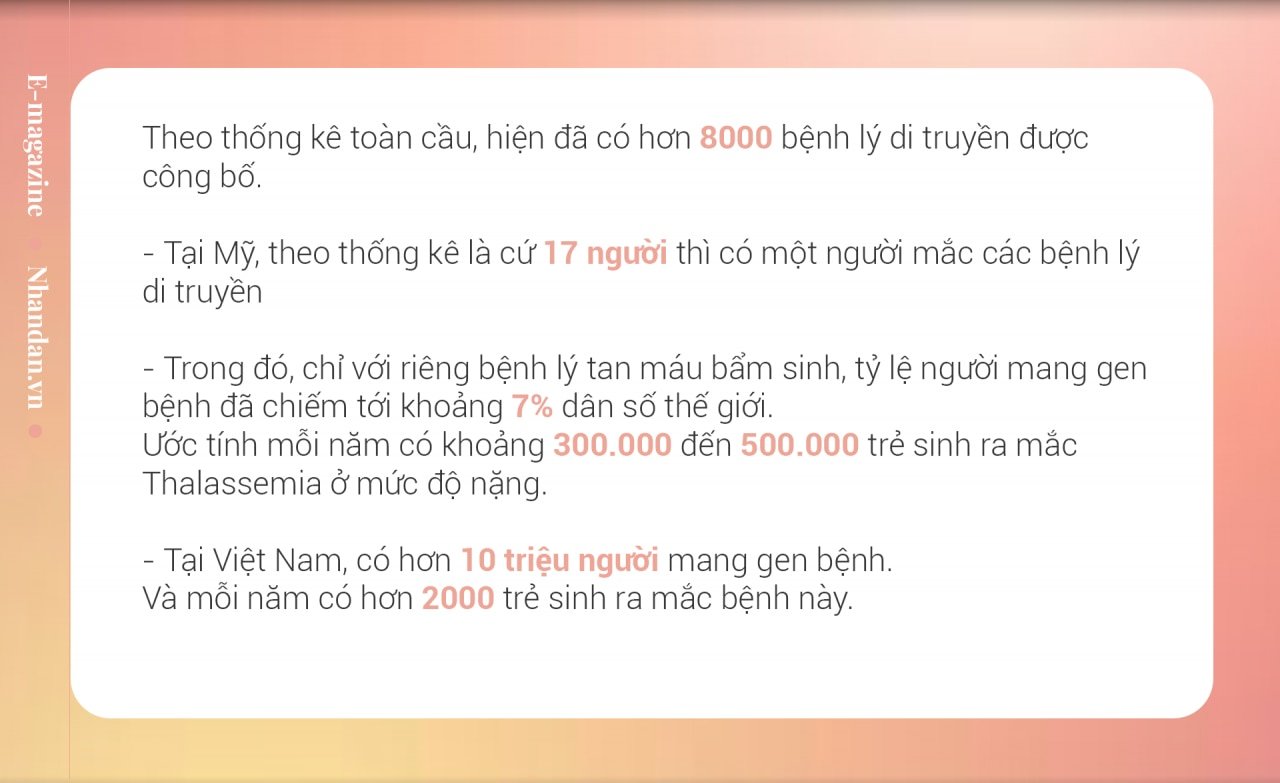
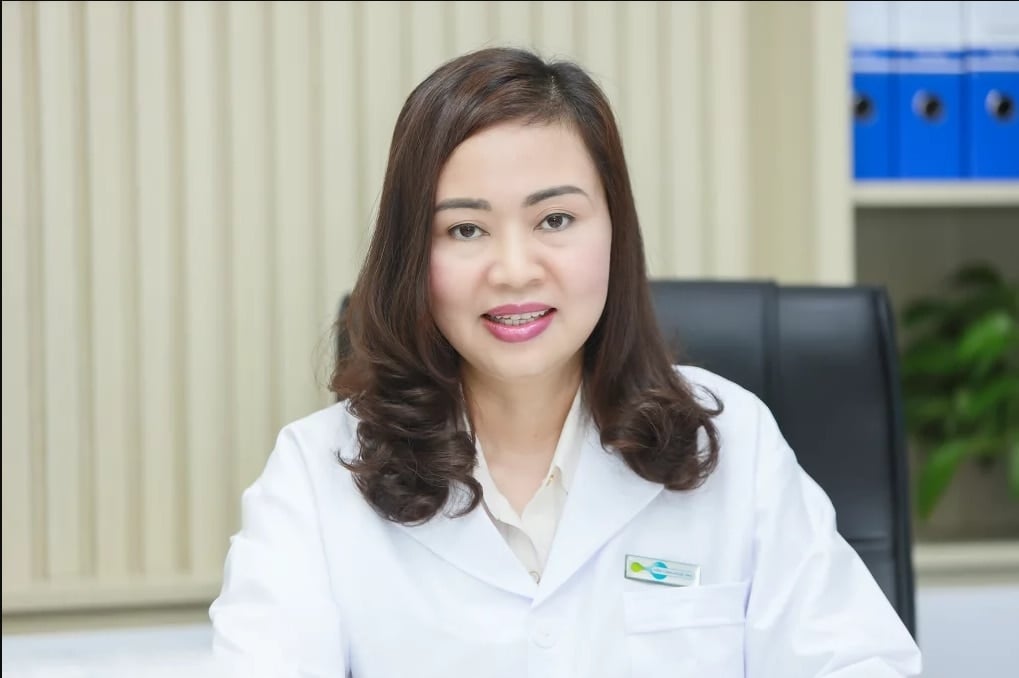
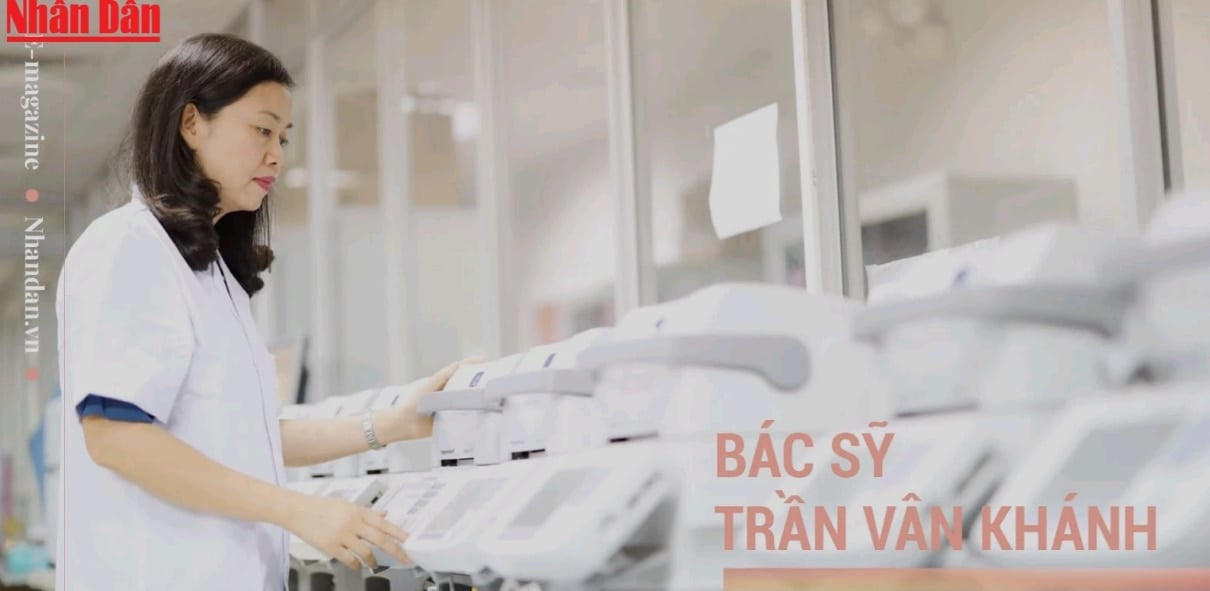


![[Photo] Students of Binh Minh Primary School enjoy the full moon festival, receiving the joys of childhood](https://vphoto.vietnam.vn/thumb/1200x675/vietnam/resource/IMAGE/2025/10/3/8cf8abef22fe4471be400a818912cb85)

![[Photo] Prime Minister Pham Minh Chinh chairs meeting to deploy overcoming consequences of storm No. 10](https://vphoto.vietnam.vn/thumb/1200x675/vietnam/resource/IMAGE/2025/10/3/544f420dcc844463898fcbef46247d16)








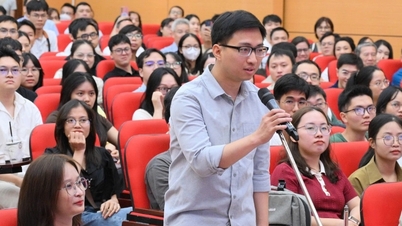
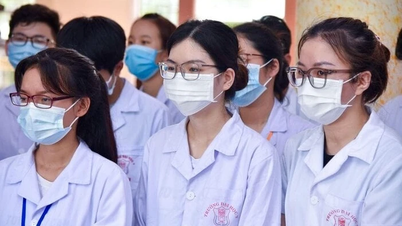










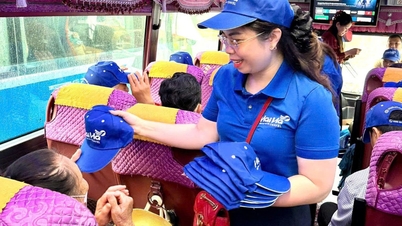





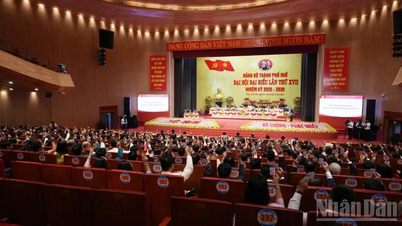



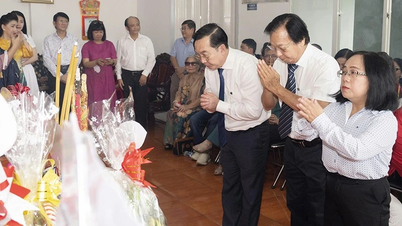
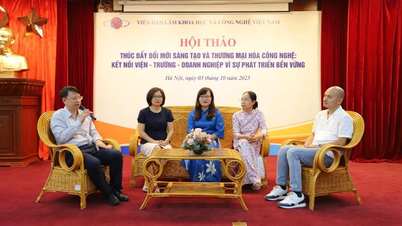






























































Comment (0)